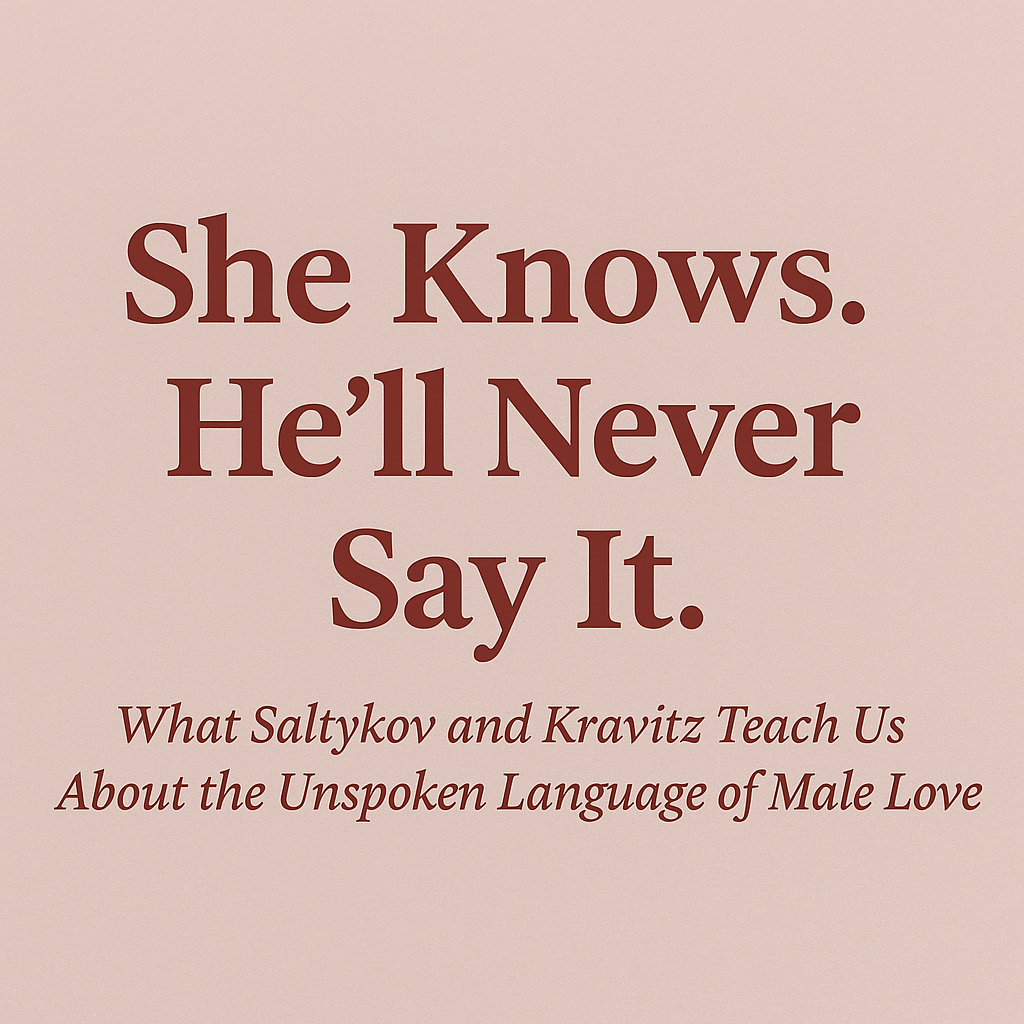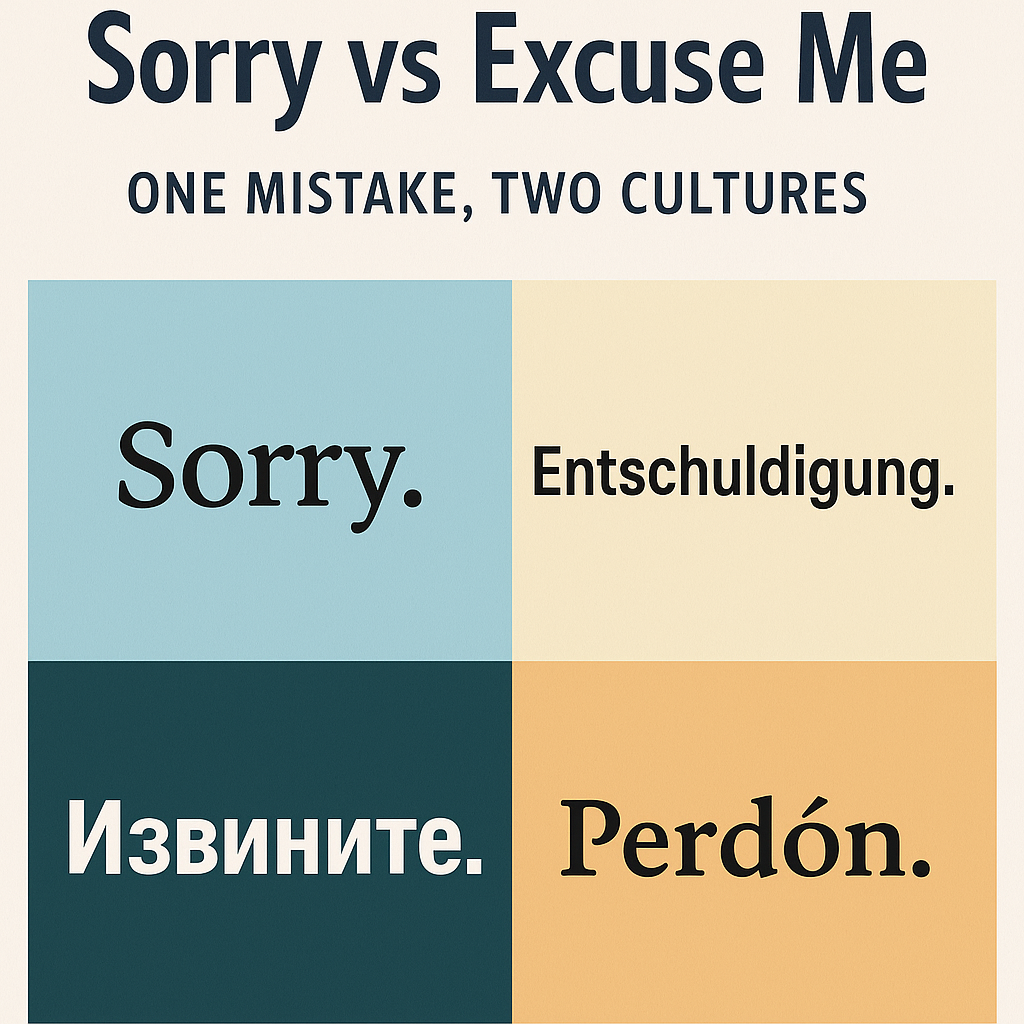Untranslatable Feelings and the Unspoken Language of Love in Two Cultures
Обирайте мову:
🔗 https://levitinlanguageschool.com/#languages
❝Today’s story isn’t about “I love you.” Not the words, at least.❞
It’s about the moments when the words are missing—on purpose.
When they would be too much, or not enough.
When silence, music, or a single image says it better.
When He Doesn’t Say It — But She Still Knows
We’ve already talked about how I love you doesn’t mean the same thing in every language. And sometimes, it’s not even said. In fact, men often find other ways to express what they feel—especially those who have seen more in life than just butterflies and poetry.
This time, we compare two such men. From two different countries, eras, and worlds — yet united by one unspoken message.
🎸 Lenny Kravitz – The Gentleman of Silence
In his song Again, Lenny Kravitz never once says “I love you.”
But we know he does.
He talks about a woman who changed him. Who opened something inside him.
He wonders: if he saw her again, would that feeling still be there?
The song is quiet. Mature. Longing, but composed.
And that’s the point.
Kravitz speaks with pauses. He’s an African-American artist born in the U.S., raised in a multicultural family, and shaped by an industry where vulnerability is rarely shown without a beat.
His silence is deliberate.
His love is real, but refined.
He doesn’t say it. He doesn’t need to.
🎙️ Viktor Saltykov – The Poet of Symbols
Now step into another world:
the Soviet Union in the late 1980s, where love songs had to suggest more than they could say.
In Нежные локоны (Tender Curls), Saltykov sings of a woman’s smile, her laughter, her gentle hair.
He compares her to the wind.
To a dream.
He never says “I love you” either.
But it’s everywhere in his voice.
In this song, love is woven into images. It’s hidden in the metaphors. It was a time and place where emotions were private, public affection was limited, and men expressed feeling through symbolism, not direct speech.
Saltykov was a man of his generation — a European voice from a Soviet past.
He couldn’t afford to say everything.
So he made us feel it instead.
Same Message, Different Codes
| Aspect | Lenny Kravitz | Viktor Saltykov |
|---|---|---|
| Culture | American, multicultural, R&B | Post-Soviet, poetic rock |
| Era | 2000s | Late 1980s |
| Style | Minimal, quiet, introspective | Rich imagery, layered metaphors |
| Tone | Reflective | Romantic |
| Words | Few | Symbolic |
| Feeling | Obvious, but unstated | Hidden, but powerful |
Both men are grown.
Both men are artists.
And both men show that real emotion doesn’t need to shout.
🌍 Why It Matters in Language Learning
This is more than just a song comparison.
As a language teacher, I’ve seen how learners often search for one right translation of “I love you.”
But language doesn’t work that way.
There are expressions in Japanese that say love by saying nothing.
In Arabic, love is often described with fire and fate.
In German, it’s wrapped in loyalty, not sentiment.
And in Slavic languages — love can be a storm, a memory, or a whisper.
When you learn a language, you also learn how that culture feels.
And when you understand that, you start listening to what’s not being said — and that’s where the real beauty begins.
🖋️ Автор: Тимур Левітін
Founder, Director, and Lead Teacher of Levitin Language School
Also known as Мовна школа "Старт" від Тимура Левітіна
🔗 Meet the author
🌐 Explore more from this series:
– Untranslatable Feelings: What Lenny Kravitz Teaches Us About Language and Love
– From Boy to Man: How Men Say “I Love You” — Or Don’t
📌 Category: Теорія та практика перекладу
























